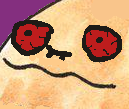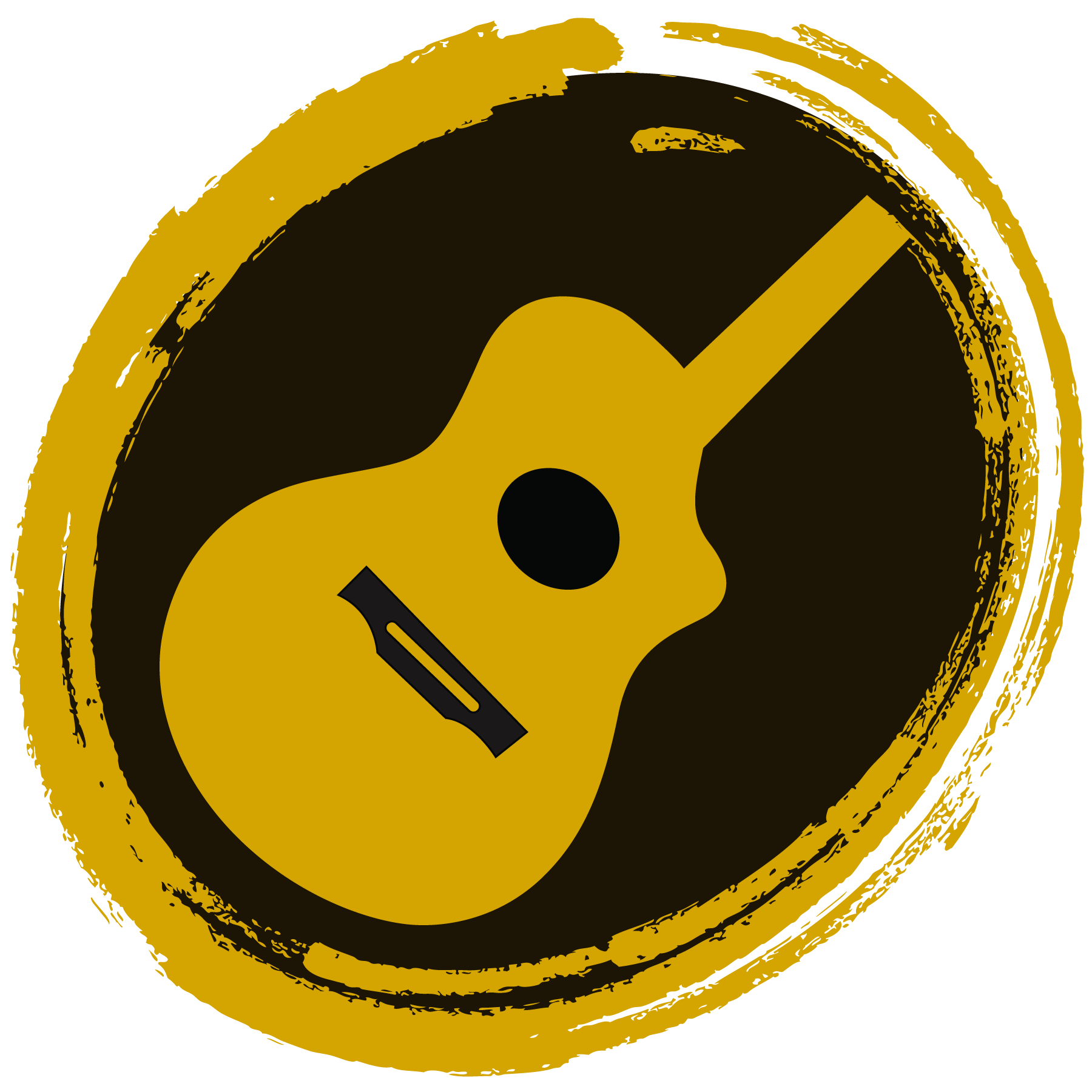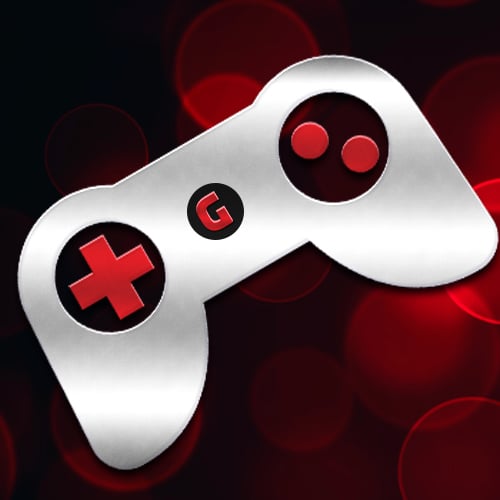I got an old used guitar today. I never had any natural musical talent but it was fun to strum it and try to find some sembelance of a tune amid the mostly random strumming. I enjoyed using it and want to learn a bit more about how to use it. I was hoping you guys could point me to some good guides and references to help me learn and maybe some advice. Also will probably need a guide on reading sheet music eventually.
Check out justinguitar.com . He’s got excellent lessons from the ground up, for free.
I second Justin guitar. Great beginner program.
3rd. I wish that was around when I was leaning. I had MTV and guitar mags.
If you have the financial means, don’t hesitate to take some lessons, even if it’s only for a month or two as you’re getting started. A good teacher can help you identify bad habits early so you can learn faster. YouTube is an incredible resource, but it can’t replace someone physically showing you what to do.
If you have the financial means, don’t hesitate to take some lessons, even if it’s only for a month or two as you’re getting started.
The best thing for your bucks would be “group lessons” with 2-4 students. You can check if there is a music school offering adult beginner classes. You pay less per lessons, teacher earns more, so they’re less likely to drop you as soon as they have another project. And (not directly at the beginer level) you can play with other students like one plays the chord, the other the melody.
On the other hand, you loose in flexibility both in term of time-slot and lessons plan.
In addition to finding some online instruction, I highly recommend looking for a song you actually want to play instead of just folk songs and traditionals. Unless you’re a die hard jazz fan, I’m certain if you made a list of 10 songs you’d be able to find a tune within reach. There are so many songs built with open chords that most beginners learn first, defiantly seek them out!
Anyway, here’s Wonderwall
Everyone kept suggesting this to me but apparently I have weird musical taste and only like songs with fucking Barre chords and shit so all it ever did was make me give up, lol
Folk songs and traditionals are great. More people should learn how to play melodies on guitar
The most important part is to get a good start, so you don’t give up as the first thing.
Learn to tune it. Download any free tuner app.
Learn a chord. I suggest G. From the thickest string and down it’s the frets: 3 2 0 0 0 3
Learn a song. The absolutely simplest song is the nursery song “Are you sleeping(brother John)” aka “Frere Jacques”, because it has only one chord and everyone knows the lyrics and melody. This is how: Hold the G chord and play the thick string, then strum, play the open D string, then strum. Sing along. Do it step by step until you’ve got it.
Congratulations. You can now play guitar.
It’s no joke. The reason why you should learn this is to have an achievable goal. I spent most of my teens learning about music theory, composition and guitar techniques etc., but I couldn’t sit down and play a single simple song. It wasn’t until much later that I managed to break from all that and learned to pick up a guitar and perform something that could be regarded as music. Knowledge is good, but performance is everything.
@Smokeydope Not that I’m an expert, but these things helped me:
Find a teacher that has similar musical interests as you.
Always practice with a beat. It’s annoying as hell for a while, but it pays off!
Reward yourself while practicing by trying to learn a song you like between practicing scales and boring stuff like that. You did work, you get to play a little!
Learn the note names on the neck, or at least all the ones on the 6 and 5 strings.
Meet musicians at open mic jams!
I am completely
-
Get a tutor. Just makes most sense since they can give you more attention than just reading or watching
-
Get a book or video course, physical or online, whatever you have access to, then ALWAYS stay on track. Discipline yourself, get a Youtube course and not skip or switch to “guitar hacks and tips” that YT recommends you (they’re helpful but there’s plenty of time for thosr later). I’m self taught and never finished a single Youtube course before being distracted to something else so I missed my best time to build the fundamentals. I could still get back to it, but it’s just not the same when I already have motor memories.
-
Learn songs. A lot of them—songs you like, songs you’d like to play for others, songs you hate, etc. That’s just how it is. You learn and practice a lot, no other way. How you build not only your catalog but importantly, your muscle memory and musical vocabulary.
-
Don’t care much about gear unless you like the tinkering aspect of it. They don’t get you far, most of the work is in the person. As long as it doesn’t block your progress and doesn’t sound like tincan, you’re fine. Scrub that. With the right attitude and creativity, you can make good music with a tincan.
-
If you can find a local teacher to give you a few lessons, that’s definitely the best. If that’s not an option, I know a few people that liked yousician for getting started. There’s lots of good self learning content on YouTube and such, but particularly if you don’t have any experience with other instruments then a teacher will be a huge help. A lot of learning an instrument is knowing how to practice, how to recognize what you need to work on, identitying bad habits, etc. Having the advice of someone with experience is very helpful in that regard.
You definitely don’t need to learn to read sheet music. Unless you are into classical or jazz, you will probably never use it. Start of with chords and chord sheets. Learn to play songs you enjoy. When you have the basics of chords, move on to tabs, lead lines, scales, and improvisation.
If you happen to have a Mac, and it came with GarageBand, it has a basic guitar tutorial,b which could be nice to start







